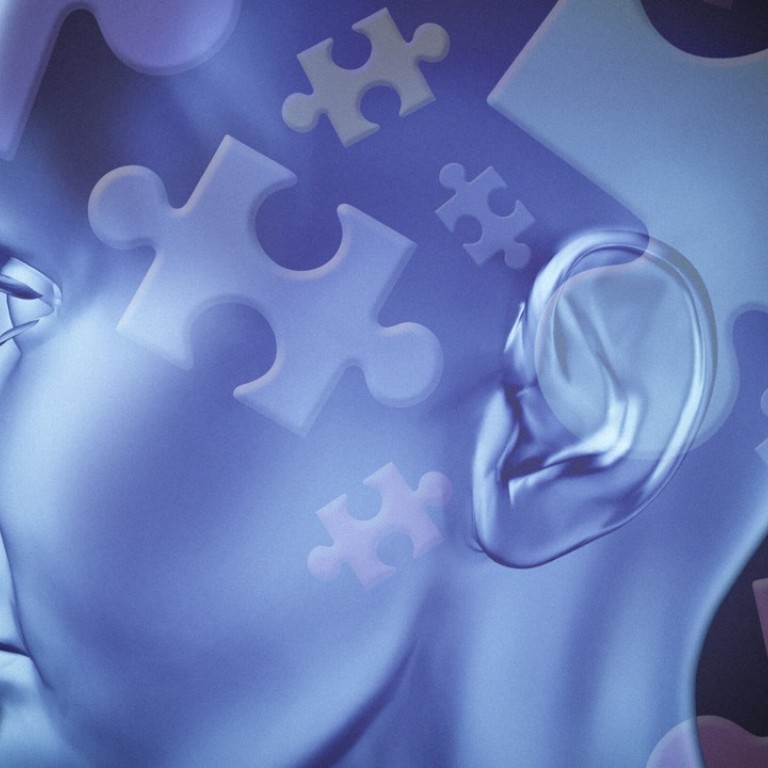
No, playing brain games won’t make you smarter – they’re just a bit of fun
All you learn from solving brain teasers, puzzles and crosswords is how to solve them better, say experts; there’s no wider application to real-world tasks
Can brain games make you smarter?
The short answer: No
Brain games such as puzzles, teasers, riddles, crosswords, and quizzes are marketed as easy and effective ways to expand your mind and increase intelligence. Many of us play these games in the hopes that they will sharpen our memory and improve our brain function.
Unfortunately, brain games do not make us smarter. According to Dr Kin-Lun Tsang, a specialist in neurology at Hong Kong’s Matilda International Hospital on The Peak, at best they provide mental stimulation. “There is little evidence that playing brain games improves [one’s] underlying broad cognitive abilities or that it enables one to better navigate [the] complex realm of everyday life,” Dr Tsang says.
It’s a controversial subject, says Lydia Yee, assistant professor at the department of psychology at the Education University of Hong Kong. “The brain is made up of cells called neurons,” she says. “Neurons are not physically connected to each other. Instead, there is a gap, known as the synapse, between them. When neurons communicate with each other, they release chemicals called neurotransmitters that cross the synapse to transmit signals from one neuron to the next.”

Secondly, neurons might also form new connections with each other via what is called dendritic spine growth. The receiving end of neurons is made up of a number of antenna-like structures called dendrites. When these dendrites grow spines they increase the surface area of the dendrites, meaning that there are functionally more antennae [or a greater antenna surface[ that allows more neurons to connect to this neuron.”
Whenever learning occurs as a result of playing brain games, learning a new language or a new musical instrument, for instance, neural connections in the brain network that are responsible for that task will be strengthened.

“Another question is whether training for a certain task can be beneficial in similar tasks that presumably require similar cognitive processes,” she adds. “It’s been found that the benefit is restricted to the particular task that is trained for. For example, you may become better at solving this particular kind of puzzle, but evidence does not support the idea that you can become better at solving puzzles in general, never mind the even bolder claims about ‘boosting general cognitive ability’ that we sometimes read about.”
Yee says that puzzles are far removed from real-world tasks, and studies have found limited evidence that a meaningful amount of transfer can occur from lab-designed games to real-world situations.

